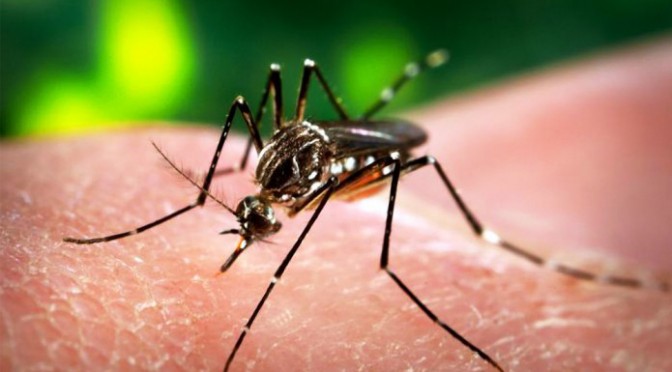Zika Virus 2019
It’s difficult to forget the panic of 2015/2016, when the Zika virus made its debut in South America. This little-known virus was linked to a number of birth defects in thousands of new-born babies whose mothers were infected by the virus whilst pregnant. And just as quick as it reared its head – the Zika virus seemingly disappeared.
But just last month, the World Health Organization updated its guidance for travellers planning to visit areas where Zika is known.
Read on for Tropical Medical Bureau’s advice as well as everything you need to know about the Zika virus 2019.
What is the Zika Virus 2019?
Zika Virus is a disease that is transmitted by mosquitoes, similar in many ways to the Dengue Fever or Chikungunya.
Zika is mostly spread through the bite of Aedes mosquitoes, but it can also spread through sex with an infected person, so couples should talk to their doctors about risks before travelling.
What are the symptoms of Zika Virus?
The incubation period (time from infection to when you first develop the symptoms) is usually 3 to 5 days and typical symptoms include fever, muscular aches and pains, headache and runny eyes – all very similar to flu like symptoms.
However, in many cases only a small number of those infected develop symptoms sufficient enough to cause problems.
Who is at risk?
It is now accepted that there is an association with foetal abnormality, including microcephaly, for women who become pregnant during infection.

Dr Graham Fry, Medical Director of Tropical Medical Bureau, has said of the connection between the Zika Virus and pregnancy; “It is now recognised that there is a direct link between Zika infection and a number of foetal abnormalities and that the risk continues throughout pregnancy. However the risk is almost certainly higher if the infection occurs during the first trimester.”
How can you prevent against the virus?
There is no vaccine against Zika viral infection, similar to many other mosquito borne diseases. The main protection against the Zika Virus is to avoid travel to at-risk areas and also to avoid mosquito bites by using insect repellents.
The current international advice is that those travelling to potential Zika at-risk regions of the world should avoid conception for between 2 to 3 months after exposure.
Have you travelled and worried about the Zika Virus 2019?
For those who have been in regions of the world where Zika is known to exist it is possible to run antibody tests to see if infection has occurred. Be sure to get in touch with Tropical Medical Bureau and visit your local clinic for medical advice.
If you are concerned about the Zika Virus 2019 following a trip or before you travel please see travel medical advice from Tropical Medical Bureau on 1850 487674 or visit www.tmb.ie.

